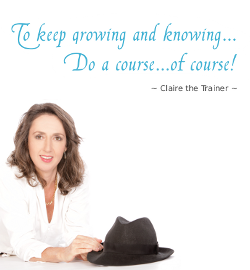Not a day passes without a traumatic event – an event that involves a threat to one’s own life or body, or involves witnessing a life threatening event that someone else faces. Such an event is way beyond the range of usual human experience; an event which would be markedly distressing to almost anyone. The critical factor seems to be the person’s cognitive construction of what has happened to them. Typically the reaction is one of fear helplessness or horror.
This course equips you with the specialised counselling skills necessary for trauma counselling.


